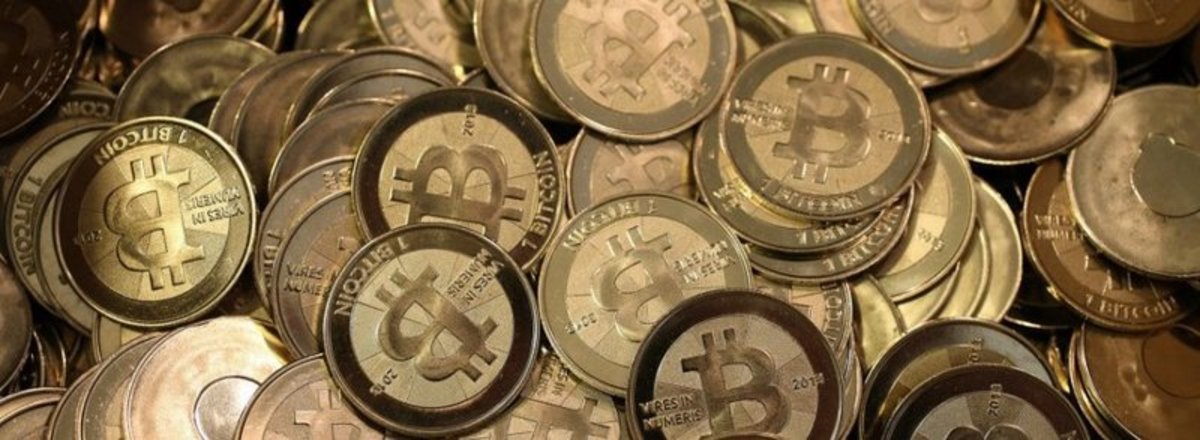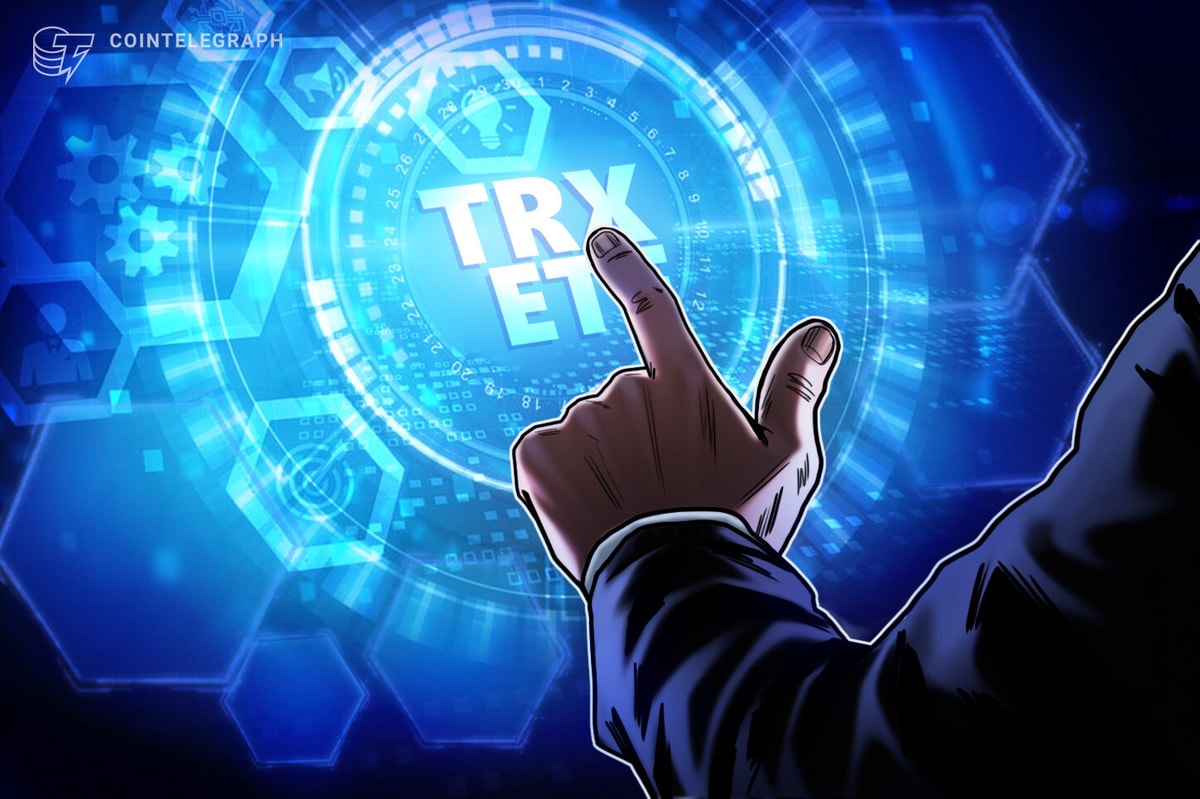
This article is a review of the current FinCEN administrative rulings as they apply to the use of virtual currencies in the United States. FinCEN first started contemplating virtual currencies in March 2013 when they released FIN-2013-G001. Their original ruling did not consider users of virtual currencies to be dealers in foreign exchange, which was a positive outcome because being a dealer in foreign exchange brings with it significant compliance requirements. There was, however, one paragraph in FIN-2013-G001 that was both unexpected and problematic. In section c., FIN-2013-G001 read:
“A person that creates units of this convertible virtual currency and uses it to purchase real or virtual goods and services is a user of the convertible virtual currency and not subject to regulation as a money transmitter. By contrast, a person that creates units of convertible virtual currency and sells those units to another person for real currency or its equivalent is engaged in transmission to another location and is a money transmitter.”[1]
A plain reading of this language could only lead one to conclude that a miner who creates virtual currency and sells it to another person is acting as a money transmitter. Fortunately, this problem seems to have been resolved by the recent “Atlantic City Bitcoin Ruling”, which has now been formally published by FinCEN as FIN-2014-R001. This new ruling supersedes the earlier one:
“To the extent that a user mines Bitcoin and uses the Bitcoin solely for the user’s own purposes and not for the benefit of another, the user is not an MSB under FinCEN’s regulations, because these activities involve neither “acceptance” nor “transmission” of the convertible virtual currency and are not the transmission of funds within the meaning of the Rule. This is the case whether … the user is purchasing goods or services for the user’s own use, paying debts previously incurred in the ordinary course of business, or (in the case of a corporate user) making distributions to shareholders.”[2]
The above paragraph is significant. It says that, so long as a user is “using Bitcoin” (i.e., selling it) for their own purposes, then they are not engaged in money transmission and are not considered to be a money transmitter (and do not need to register as an MSB under FinCEN’s regulations.) The paragraph even allows that a general partner who is mining on behalf of a limited partnership can make partnership distributions (whether in Bitcoin or in dollars) without being engaged in money transmission. There is, however, still a gray area here: it is not clear whether or not an agent who is mining Bitcoin for another user becomes a money transmitter by making a distribution to that user. The answer probably depends on the legal structure of their relationship. We hope that FinCEN addresses this question next because it affects many existing business models in our industry.
The Atlantic City Bitcoin Ruling was formally published by FinCEN on January 30th, 2014, along with another ruling, FIN-2014-R002[3]. The first ruling dealt with miners. The second applies the same sort of logic to traders. These rulings not only describe the conditions in which miners and traders might become money transmitters, they also apply themselves more broadly to all virtual currency users:
“How a user obtains a virtual currency … is not material to the legal characterization [of the user] under the BSA … What is material to the conclusion that a person is not an MSB is [the question of] what the person uses the convertible virtual currency for, and for whose benefit.”[4]
This is a positive result for the Bitcoin industry. Although we still have an incomplete picture of the regulatory landscape, we do know two things: 1) So long as a person is buying or selling Bitcoin for their own benefit, they are not acting as a money transmitter, and 2) FinCEN is working hard to identify and address potential issues in our industry, and they will give you guidance if you ask for it. We encourage anybody who has questions about their own situation to contact FinCEN directly.
[1]http://fincen.gov/statutes_regs/guidance/html/FIN-2013-G001.html
[2]http://www.fincen.gov/news_room/rp/rulings/html/FIN-2014-R001.html
[3]http://www.fincen.gov/news_room/rp/rulings/html/FIN-2014-R002.html
[4]http://www.fincen.gov/news_room/rp/rulings/html/FIN-2014-R001.html









